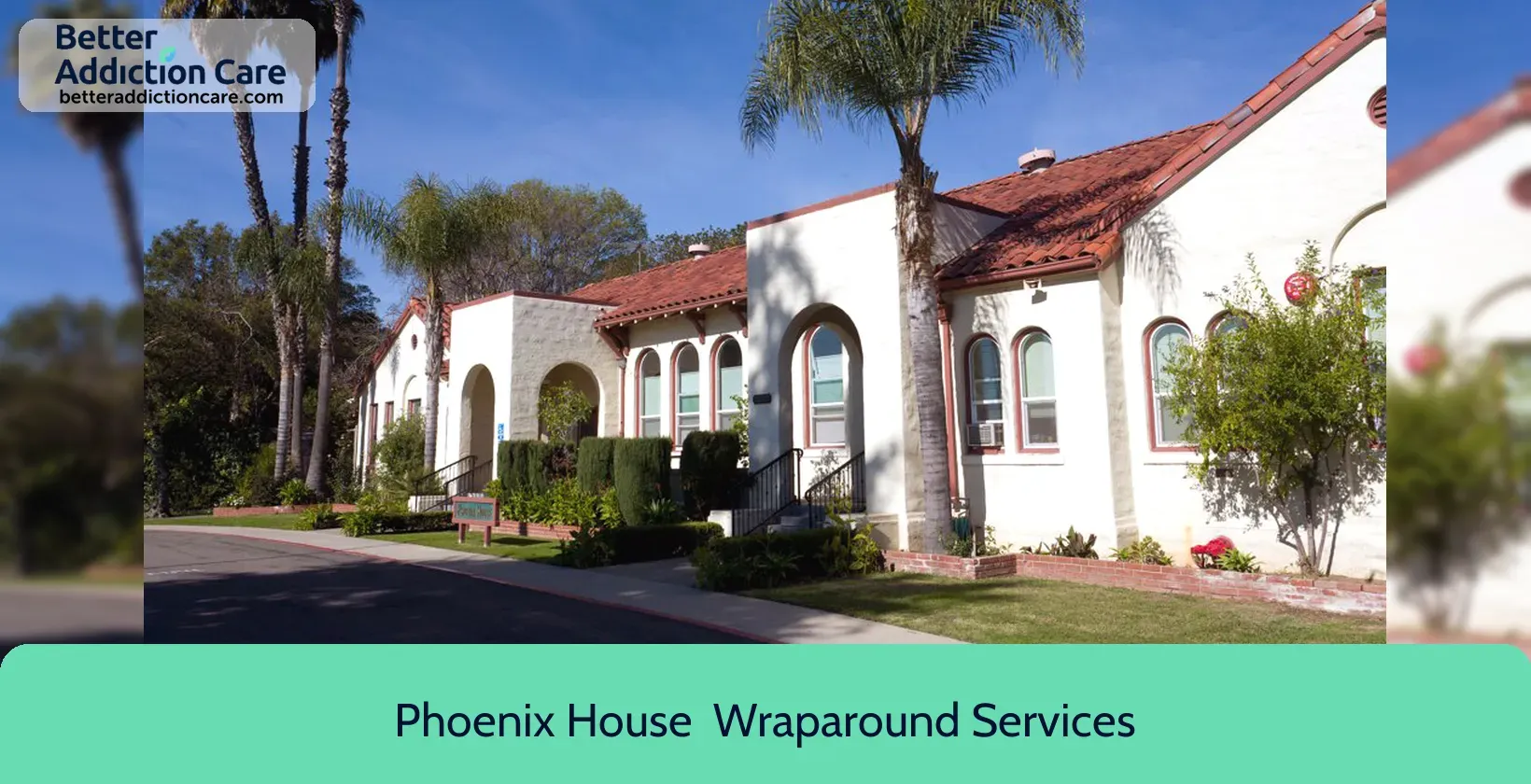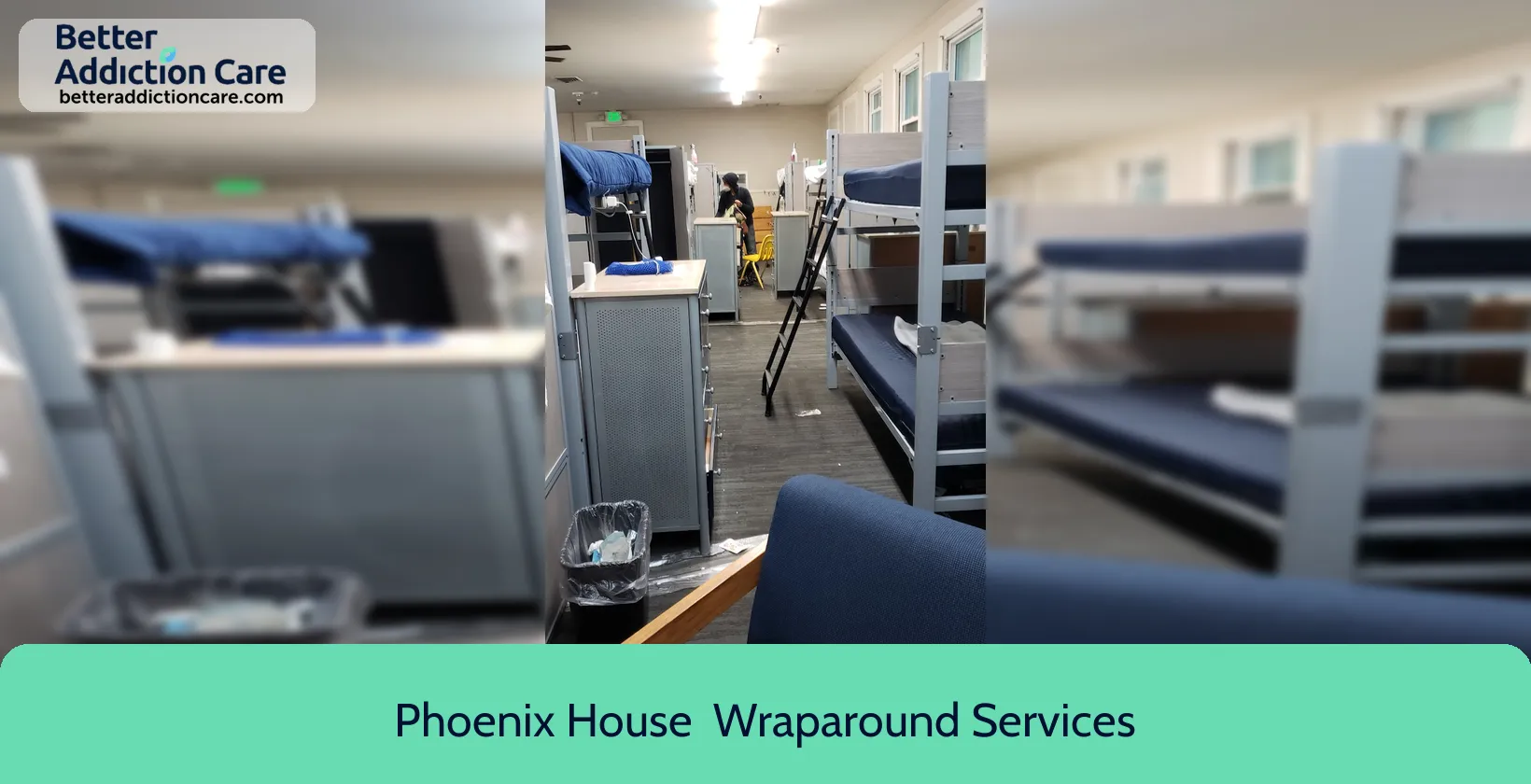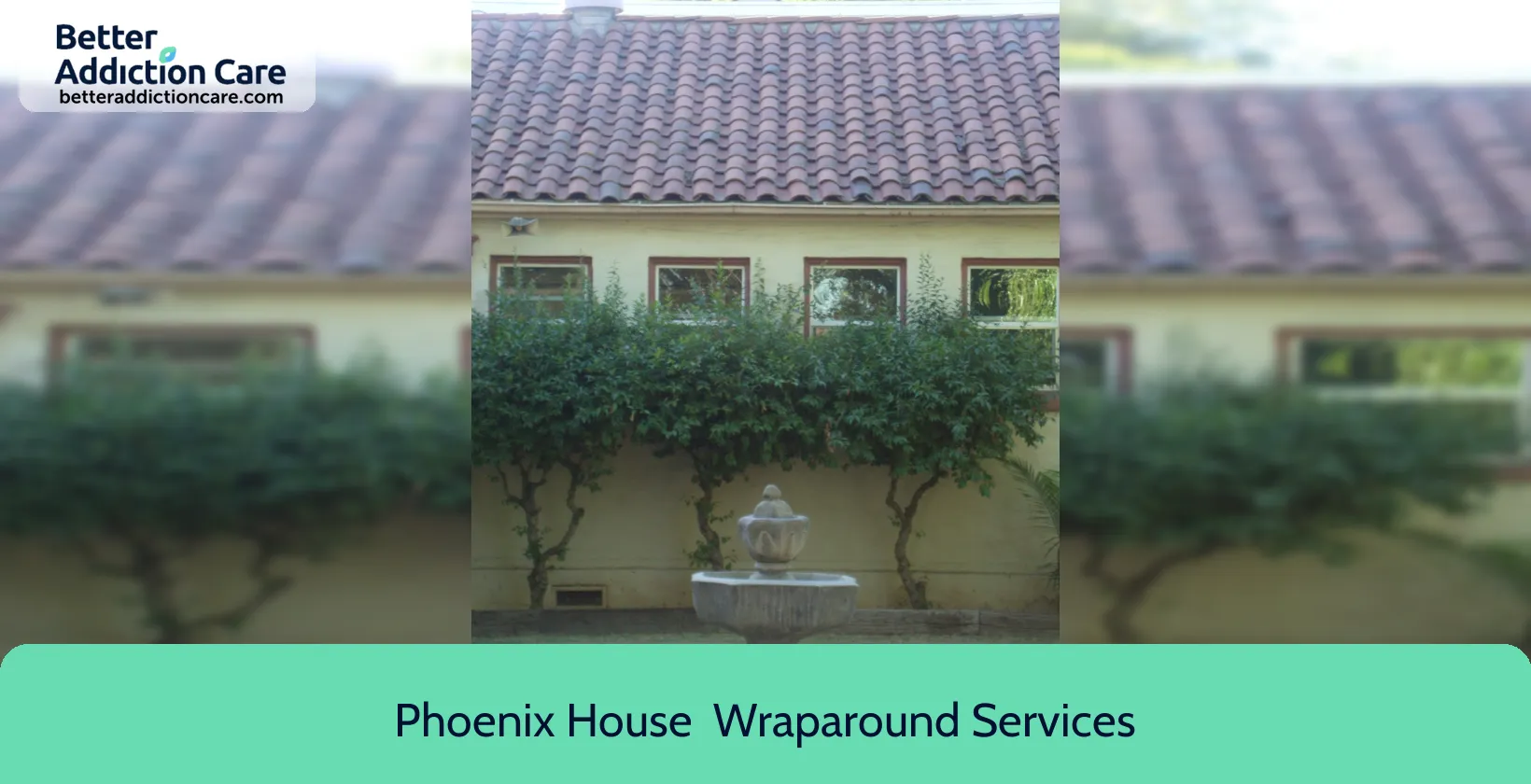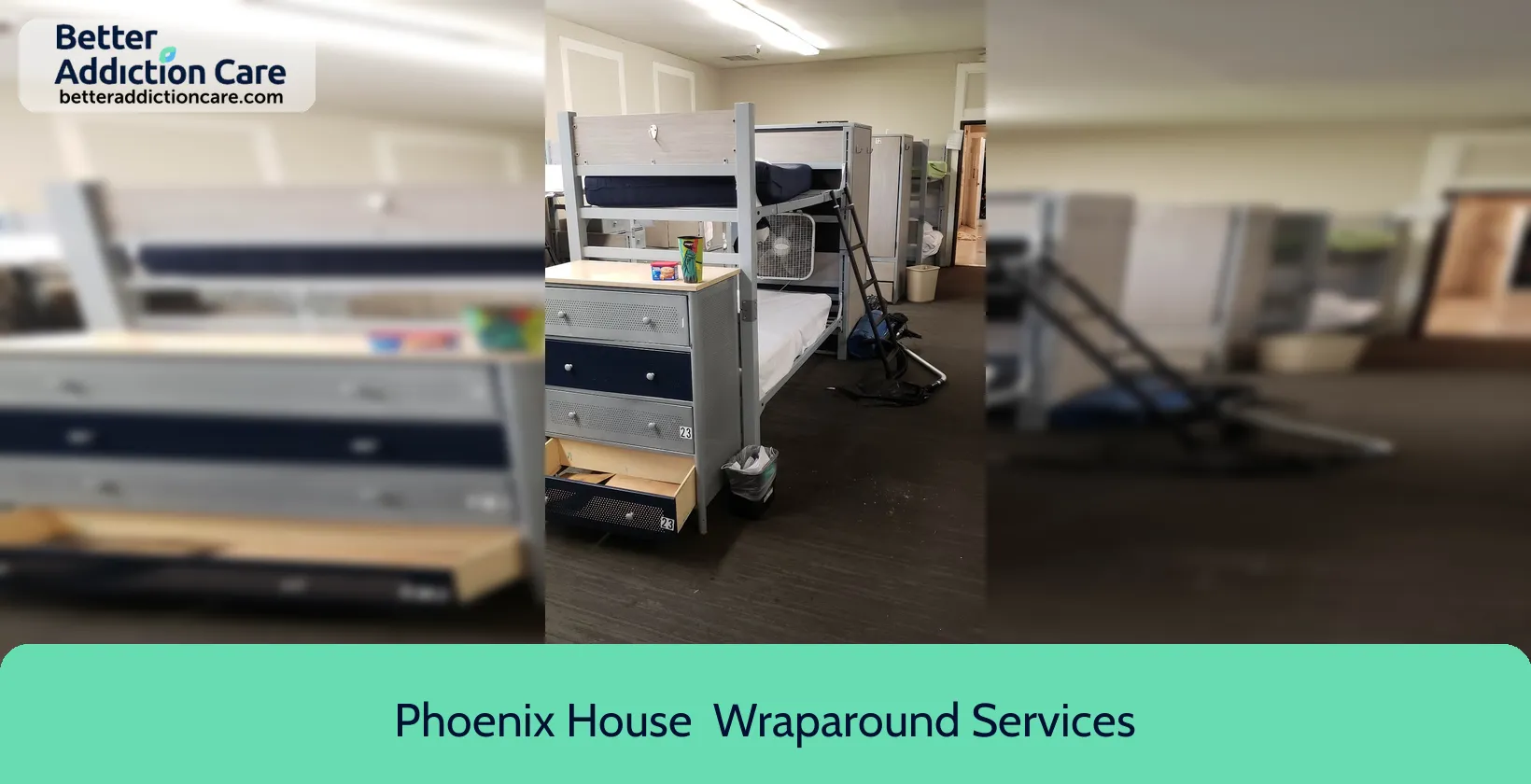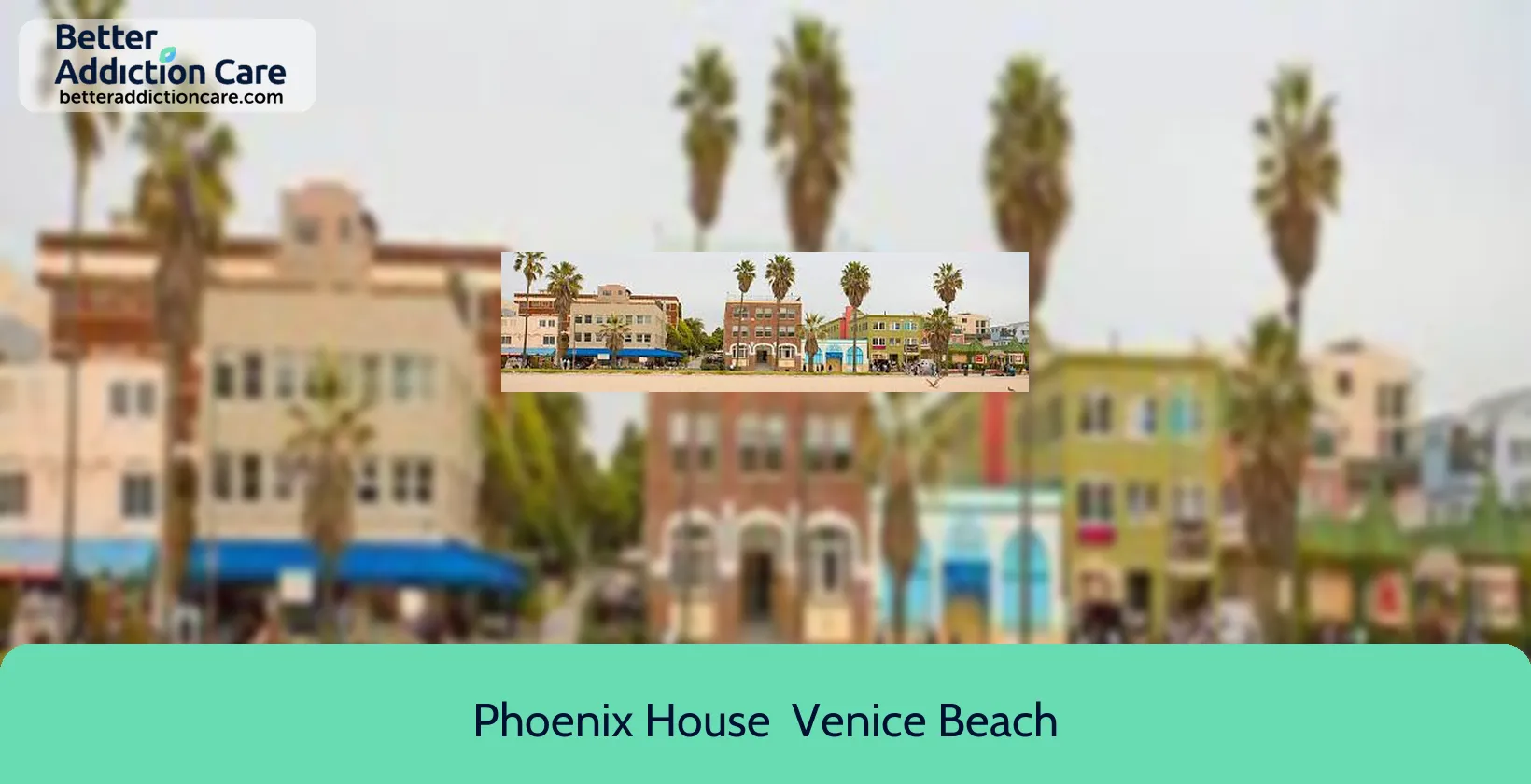Phoenix House - Wraparound Services in Orange County
Overview
Phoenix House is a comprehensive rehabilitation facility serving men and women 18 years of age and older with co-occurring disorders, mental health concerns, and substance misuse. It is situated in Santa Ana, California. The facility is dedicated to providing a broad range of individualized care alternatives, making sure that every client gets the assistance they require during their whole healing process.
Medication-Assisted Treatment (MAT) detox, which is FDA-approved and intended to properly manage withdrawal symptoms and establish a stable foundation for recovery, is one of Phoenix House's programs. The facility offers detox services in addition to an outpatient program for patients who need more flexibility in their care and a residential/inpatient program for those who require more intensive care in a controlled setting. Phoenix House also provides a Peer Mentoring Program, which allows people in recovery to assist one another and build accountability and a feeling of community. After the main course of treatment is finished, a comprehensive aftercare program is offered to guarantee long-term success and support.
Phoenix House offers tailored programs for veterans that address their mental health and substance use issues since it understands the special needs of certain demographics. The institution offers an outpatient treatment designed specifically for young people who are battling with substance abuse. Furthermore, the program for behavioral health intervention and support services aids in meeting the mental and behavioral health requirements of youth, guaranteeing prompt intervention and all-encompassing assistance.
Phoenix House offers a comprehensive approach to rehabilitation through a variety of evidence-based treatment modalities. Individual, group, family, and dialectical behavior therapy (DBT), as well as cognitive behavioral therapy (CBT), are among the therapies in which clients can engage. In addition, the facility places a strong emphasis on anger management, trauma therapy, life skills training, and the 12-Step program—all of which assist people in developing the resilience and tools necessary for long-term recovery.
Phoenix House is recognized by the Substance Abuse and Mental Health Services Administration (SAMHSA) and accredited by the Commission on Accreditation of Rehabilitation Facilities (CARF), demonstrating its dedication to upholding the highest standards of care and offering morally sound, efficient treatment to people pursuing recovery.
Phoenix House - Wraparound Services in Orange County at a Glance
Payment Options
- Private health insurance
- Cash or self-payment
- State-financed health insurance plan other than Medicaid
- Medicaid
- Medicare
Assessments
- Comprehensive mental health assessment
- Comprehensive substance use assessment
Age Groups
- Adults
- Adolescence program
- Young adults
Ancillary Services
- Assisted Outpatient Treatment
- Case management service
- Education services
- Mental health services
- Social skills development
Highlights About Phoenix House - Wraparound Services in Orange County
7.26/10
With an overall rating of 7.26/10, this facility has following balanced range of services. Alcohol Rehabilitation: 8.00/10, Drug Rehab and Detox: 6.62/10, Insurance and Payments: 7.20/10, Treatment Options: 7.21/10.-
Alcohol Rehabilitation 8.00
-
Treatment Options 7.21
-
Insurance and Payments 7.20
-
Drug Rehab and Detox 6.62
Accreditations
Commission on Accreditation of Rehabilitation Facilities (CARF):

CARF accreditation is a prestigious recognition for rehabilitation and human service organizations. It signifies that an organization meets high-quality standards and is committed to providing top-level care. CARF conducts rigorous evaluations to ensure compliance, enhancing an organization's credibility and reassuring clients and funders of exceptional service quality. This accreditation promotes excellence and continual improvement in the rehabilitation and human services field.
Registration: 232495
SAMHSA certification for opioid treatment program (OTP):
Accreditation by the Substance Abuse and Mental Health Services Administration (SAMHSA) for Opioid Treatment Programs (OTPs) signifies that a program has met strict standards for providing high-quality care to individuals with opioid use disorders. It assures patients, families, and communities that the OTP follows evidence-based practices, employs qualified staff and maintains a safe and effective treatment environment. This accreditation reflects the program's commitment to addressing the opioid epidemic and promoting recovery.
State department of health:

Government agencies issue State Licenses, granting permission to rehabilitation organizations to conduct their business operations lawfully within specific geographic regions. Generally, the particular rehabilitation programs offered by a facility and its physical location dictate the necessary licenses needed for legal operation.
Registration: 300033AN
Treatment At Phoenix House - Wraparound Services in Orange County
Treatment Conditions
- Mental health treatment
- Alcoholism
- Opioid Addiction
- Substance use treatment
- Co-occurring Disorders
Care Levels
- Intensive outpatient treatment
- Detoxification
- Aftercare
- Luxury Treatment
- Outpatient
Treatment Modalities
- 12-step facilitation
- Family counseling
- Individual psychotherapy
- Cognitive Behavioral Therapy
- Group counseling
Ancillary Services
Languages
- Spanish
Additional Services
- Pharmacotherapies administered during treatment
- Holistic Treatment
Pharmacotherapies
- Benzodiazepines
- Cocaine
- Heroin
- Methamphetamine
Special Programs
- Clients with HIV or AIDS
- Clients who have experienced trauma

Additional Locations
Contact Information
Read our Most Recent Article About Drug Addiction
DISCLAIMER: The facility name, logo and brand are the property and registered trademarks of Phoenix House - Wraparound Services in Orange County, and are being used for identification and informational purposes only. Use of these names, logos and brands shall not imply endorsement. BetterAddictionCare.com is not affiliated with or sponsored by Phoenix House - Wraparound Services in Orange County.
